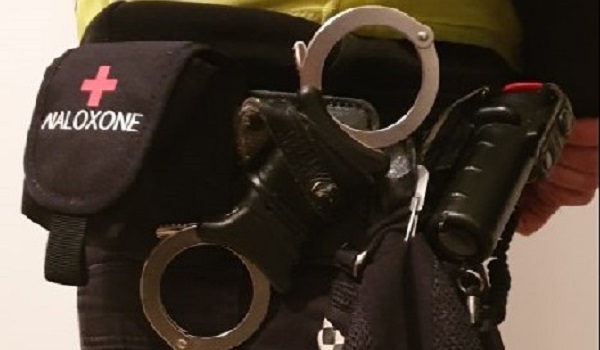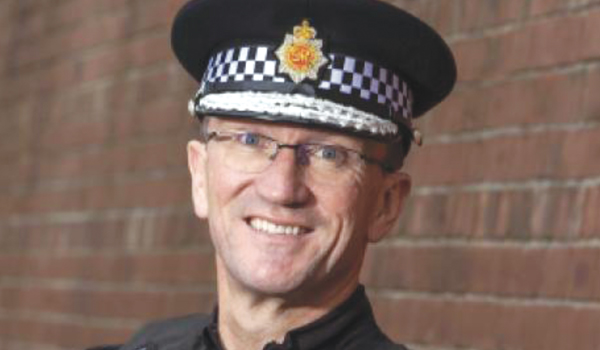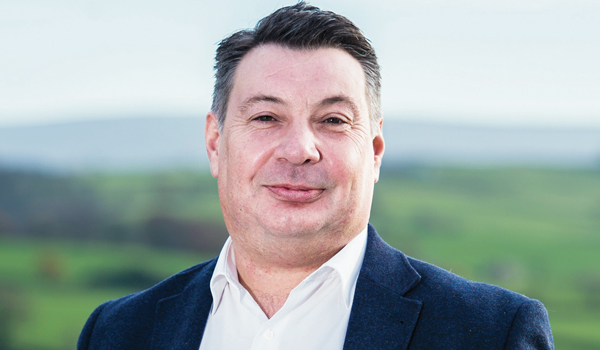How the science of hope can prevent burnout in policing
The current law enforcement workforce crisis is impacting public safety across communities in the US – a situation that is mirrored in the UK, explain Chan Hellman and Josh Friedman.
More than 75 per cent of US law enforcement agencies are having difficulty recruiting and many are struggling to fill vacancies as people are leaving the profession after serving only a year or two.
The challenges facing the law enforcement sector have never been more complex. Officers deal daily with the trauma of responding to incidents of violent crime, child abuse, domestic violence, suicide, and more. The impact of so much trauma can take a tremendous toll on even the healthiest individuals.
According to the latest law enforcement statistics from the US National Alliance for Mental Illness (NAMI), police officers report higher rates of depression, burnout, PTSD, and anxiety than the general population. Disturbingly, their rate of suicide is three times higher than the national average.
Mutual trust between police agencies and the communities they serve is critical to maintaining public safety. That is why the Department of Justice’s Office for Victims of Crime (OVC) introduced The Fostering Resilience and Hope: Bridging the Gap Between Law Enforcement and The Community initiative, known as Project Hope. Project Hope is a three-year demonstration initiative that infuses the science of hope to build protective factors and assist law enforcement officers with addressing burnout, trauma and adversity to improve officer wellbeing and community connections. Technical assistance for the initiative is being provided by Social Current, a partner and service provider to a diverse network of human and social service organisations.
What is hope science? It is an evidence-based practice built upon the findings that hope is a leading factor in wellbeing. For the past 15 years, research at the University of Oklahoma’s Hope Research Centre has focused on understanding the role of hope as a coping resource vital to the wellbeing of individuals and organisations. Researchers have delved into the impact of hope in building psychological strength and serving as an important buffer to stress, adversity, and trauma. Some of the concepts explored include: 1) does hope buffer adversity and stress; 2) do hopeful children and adults have better psychological, social, and behavioural outcomes; and 3) can hope be increased and sustained by targeted interventions?
In the context of law enforcement, building hope is about honouring, trusting, respecting, valuing, and amplifying opportunities within communities. We believe that hope may provide a simple shared language that can be useful to the community as they work to move past current obstacles into actionable goals and pathways aimed to dismantle systemic oppression and racism.
This can contribute to an increased likelihood that community members and law enforcement officers can work collaboratively to make communities safer. The overall goal is to implement a trauma-informed and collaborative approach that infuses equity, diversity and inclusion to build community trust and engagement, helping to create safer communities in which residents can thrive.
Through leadership and Hope Navigator trainings, the participating agencies are identifying ways to infuse these principles across their agencies, including staff retreats, new training and the introduction of hope-centred and trauma-informed research and literature in peer-to-peer settings and in behavioural health units.
The ultimate goal is to strengthen connections to communities and provide officers with the tools to help achieve their goals of fostering safer, stronger communities.
Chan Hellman, Founding Director of the Hope Research Centre
Josh Friedman, Founder/lead consultant of Ten Eight Innovations






